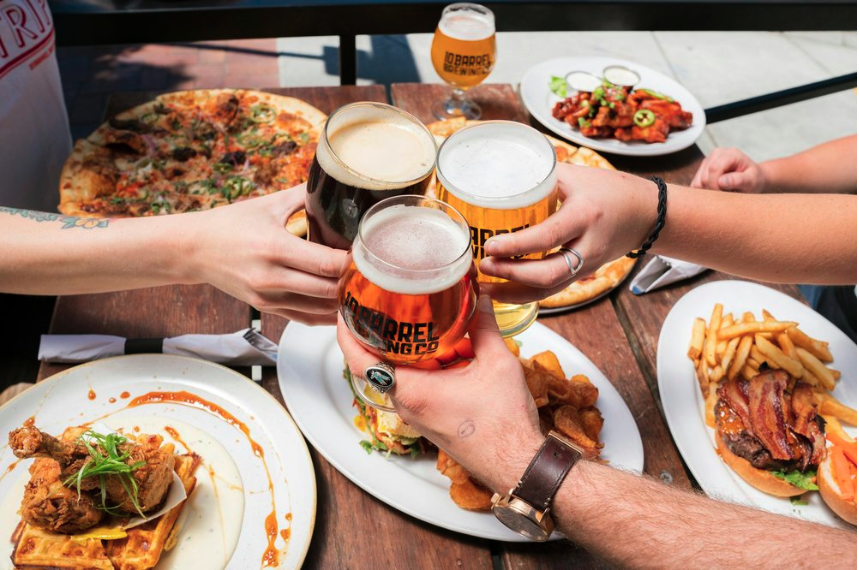
Why You Constantly Feel Stressed or Anxious for No Reason
Stress and anxiety can sometimes seem to arise out of nowhere, leaving individuals feeling overwhelmed without a clear understanding of the cause. A key reason behind this is that many people are unknowingly living in a constant state of survival mode, where their bodies and minds are perpetually on high alert.
This heightened state of vigilance is often rooted in past trauma, which can cause the body to unconsciously react to perceived threats, even when no real danger is present. These reactions can manifest as flashbacks or intense feelings of stress and anxiety, triggered by subtle reminders of past experiences. Understanding this connection between survival mode and past trauma is crucial for recognizing and addressing these seemingly inexplicable feelings.

Why Dieting Does Not Work
For many women, the journey to weight loss can feel like a never-ending struggle. Despite trying countless diets and weight loss strategies, the results are often temporary or non-existent. The frustration of not achieving lasting weight loss is compounded when emotional eating plays a significant role in the relationship with food. Understanding why traditional dieting fails to address the complexities of weight loss, especially for those who battle emotional eating, is key to finding a more effective and compassionate approach.

Link Between Childhood Trauma and Binge Eating Disorder in Women

Are You an Overeater or Binge Eater?
In a world where food is abundant and social norms often revolve around indulgence, it's not uncommon for individuals to occasionally overeat or indulge in larger portions than they intended.
However, for some, these occasional instances can develop into patterns of behavior that go beyond mere overindulgence, leading to more concerning eating habits. It’s important to understand the distinction between overeating and binge eating. While both involve consuming large amounts of food, they differ significantly in terms of frequency, control, and psychological impact.
Understanding the differences between overeating and binge eating is crucial for recognizing when eating habits may be veering into unhealthy territory. In this article, we delve into the nuances of these behaviors, exploring the signs, symptoms, and implications of both overeating and binge eating. By shedding light on these issues, we aim to provide clarity and support for individuals who may be grappling with their relationship with food, empowering them to seek balance and cultivate healthier eating habits.

Quiz: Are You an Emotional Binge Eater?
Emotional binge eating is a complex mental health condition where food becomes a tool for coping with emotional distress or exerting control over one's life.
Emotional binge eating is not all about food but is rather a maladaptive coping mechanism for managing overwhelming feelings or life stressors.
The act of eating or restricting food is often a manifestation of deeper emotional struggles, such as low self-esteem, perfectionism, trauma, or anxiety.

10 Common But Unspoken Causes of Weight Gain Your Doctors, or Dietitians Don't Talk About
If you’ve been eating less than 1000 calories every day and exercising an hour every day, tracking every calorie you eat and burn, and are 100% sure that you’re eating a calorie deficit diet, and yet you are not losing weight, you know something's not right.
And it is not your calorie calculations. I’m sure your calorie calculations are on point, knowing that this is likely your thousandth dieting attempt.
What this shows is that calories are not your enemy.

The Single Most Important Reason Why Many Women Can’t Lose Weight Despite Trying Everything Under the Sun & Doing Everything Right By the Doctors
Many people struggling with weight loss are actually suffering from emotional eating disguised in “I love sweets,” “I have a sweet tooth,” “I can’t live without [a specific food],” or “I love food.”